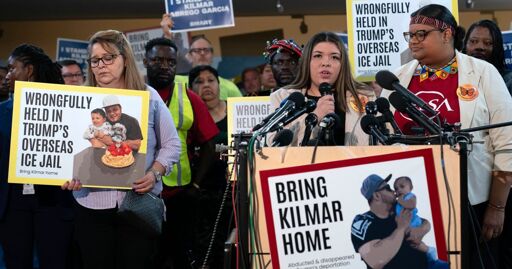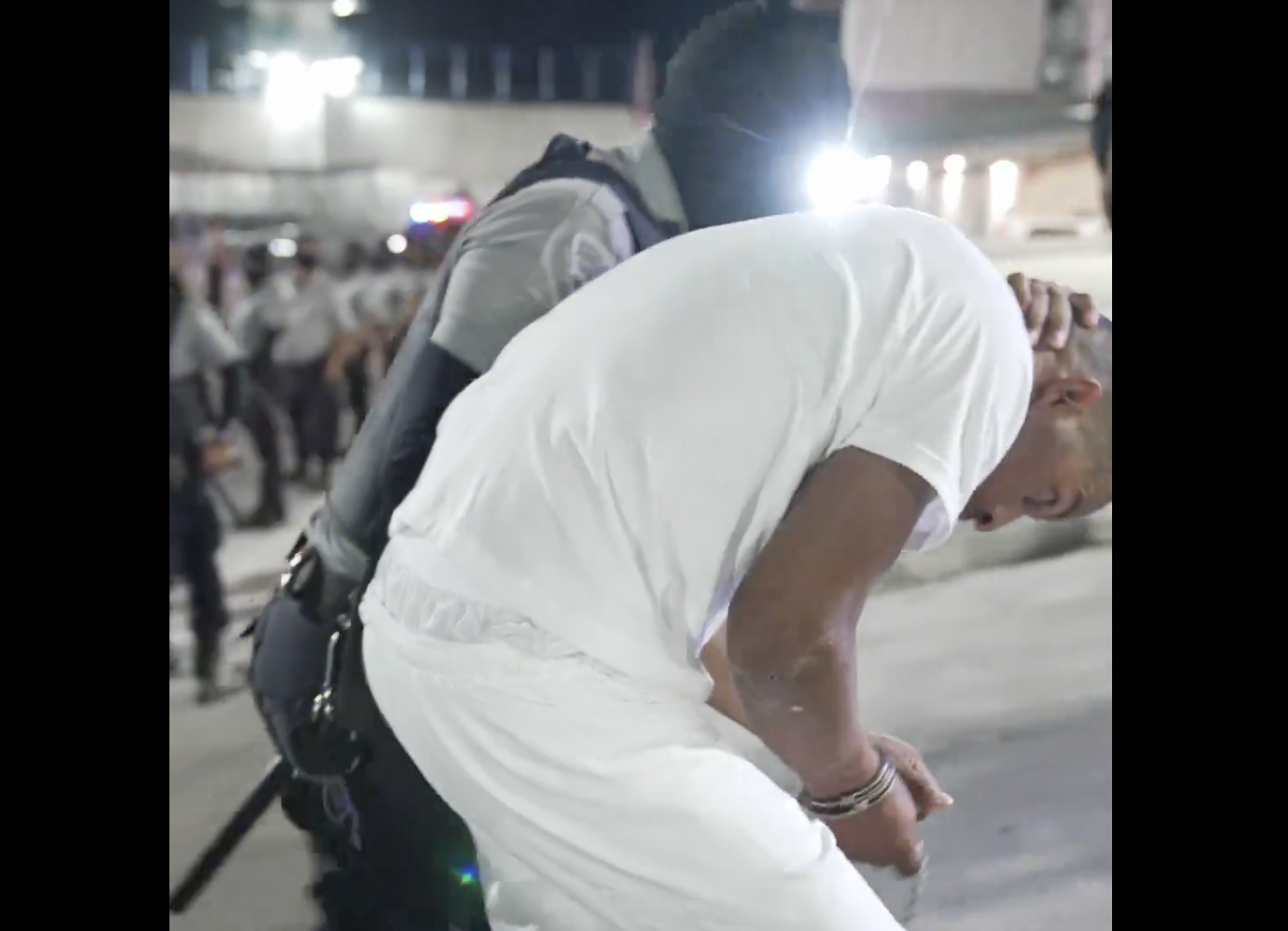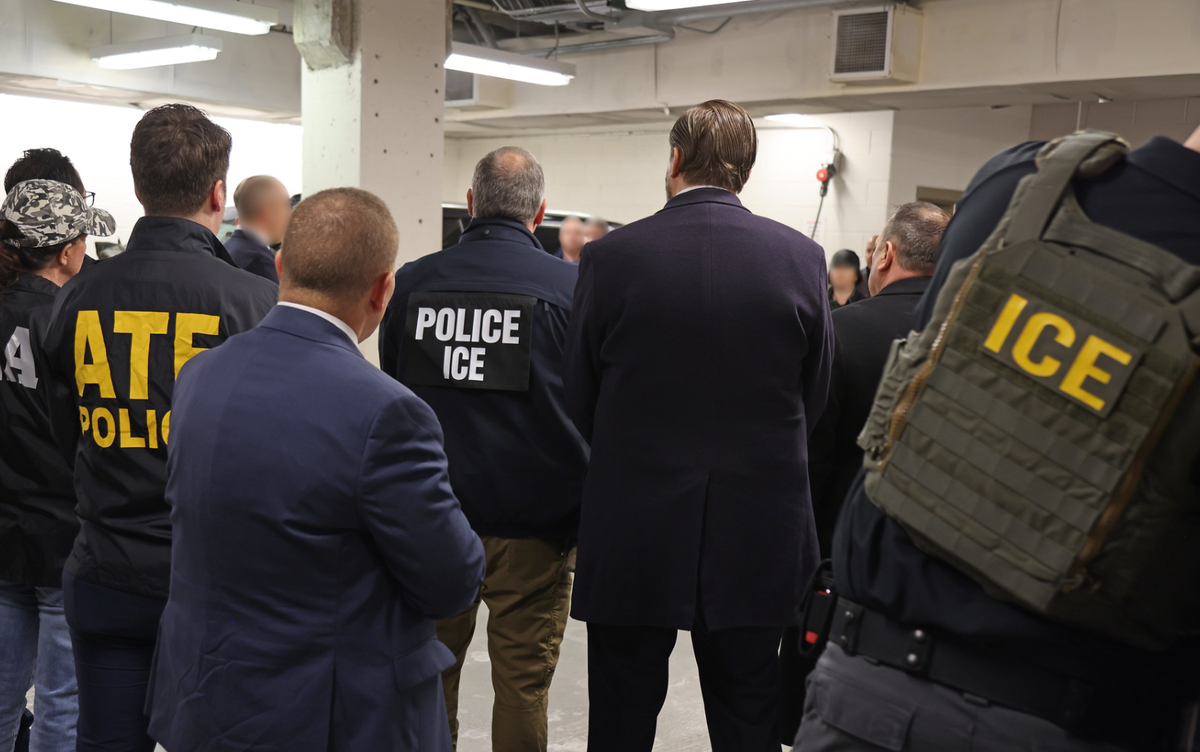

If you have an interest in fixing the country then you definitely need to have a burner phone system because you’re the exact kind of person they’re going to single out (like, this article was inspired by an ttorney for a pro-Palestine protester having his phone seized when he re entered the country)
















Secret leak investigations leaking never gets old